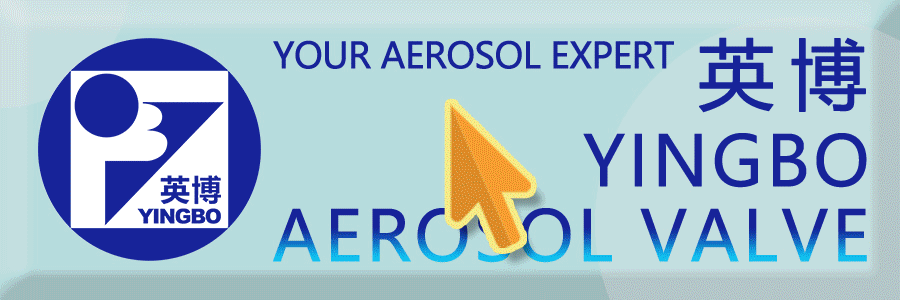Aluminium Deutschland reports shortage of high-quality PCR recycling materials
In November 2022, the EU Commission presented a draft of a new regulation for packaging and packaging waste, which aims to promote the use of recycled materials in packaging.
This regulation stipulates that, bar a few exceptions, plastic packaging must contain a minium amount of recycled materials per plastic packaging unit from 1 January 2030. This is to be obtained from Post Consumer Recycling (PCR) materials - or consumer plastic waste.
For other materials, such as metals, the planned regulation does not currently include specific targets for recycled materials.
Irrespective of these current legal developments, the manufacturers of aluminium and plastic tubes and aluminium aerosol cans that are organised in the Tubes, Cans and Impact Extruded Parts Division of AD have been working successfully for years on the increasing use of recycled materials in their packaging, according to the organisation.
Hot race for high-quality recycling materials
"The fact is, however, that the demand for high-quality aluminium and plastic recycling material needed for the production of packaging exceeds the supply by far. The race for these materials is on, worldwide," said Clemens Behrenbruch, chairman of AD’s Tubes, Cans and Impact Extruded Parts Division.
For example, for recycled polyethylene (PE) from PCR materials that are suitable for food contact, there are currently only a very limited number of suppliers throughout Europe.
This is partly due to the fact that the European Food Safety Authority (EFSA) is significantly behind in approving recycling processes for polyolefins. The situation is further aggravated by the fact that large parts of the personal care industry also demand food-grade recycled material qualities.
"Accordingly, the current suppliers of food-grade PCR-polyethylene can more or less dictate the conditions in an oligopolistic market structure. The situation is similarly precarious for the barrier material EVOH, where supply is also severely limited. The material costs for packaging manufacturers are correspondingly high.
"In addition, often tool changes must be made in packaging production in order to be able to process the recycled material, which drives up costs even further," Behrenbruch added.
Design for recycling and suitable legal framework required
The shortage of recycled materials can be alleviated through an even more consistent design for recycling of packaging and the creation of an appropriate legal framework in Europe that promotes the profitability of recycling activities and investments in technologies and supply logistics. This is the only way to sustainably ensure that packaging is collected, sorted and recycled at a high standard, AD said.
With regard to plastic tubes, more intensive efforts are needed by EFSA in the approval of recycling processes for polyolefins.
At the same time, legislators need to be open to different technologies and not demonise chemical recycling as a complement to mechanical recycling, added AD.
"The increased use of PCR material is therefore not a wishful thinking but has to face the hard realities on the supply side. Here, packaging manufacturers, brand owners, retailers, recyclers and legislators are equally challenged to create the necessary market and legal foundations," Behrenbruch concluded.










